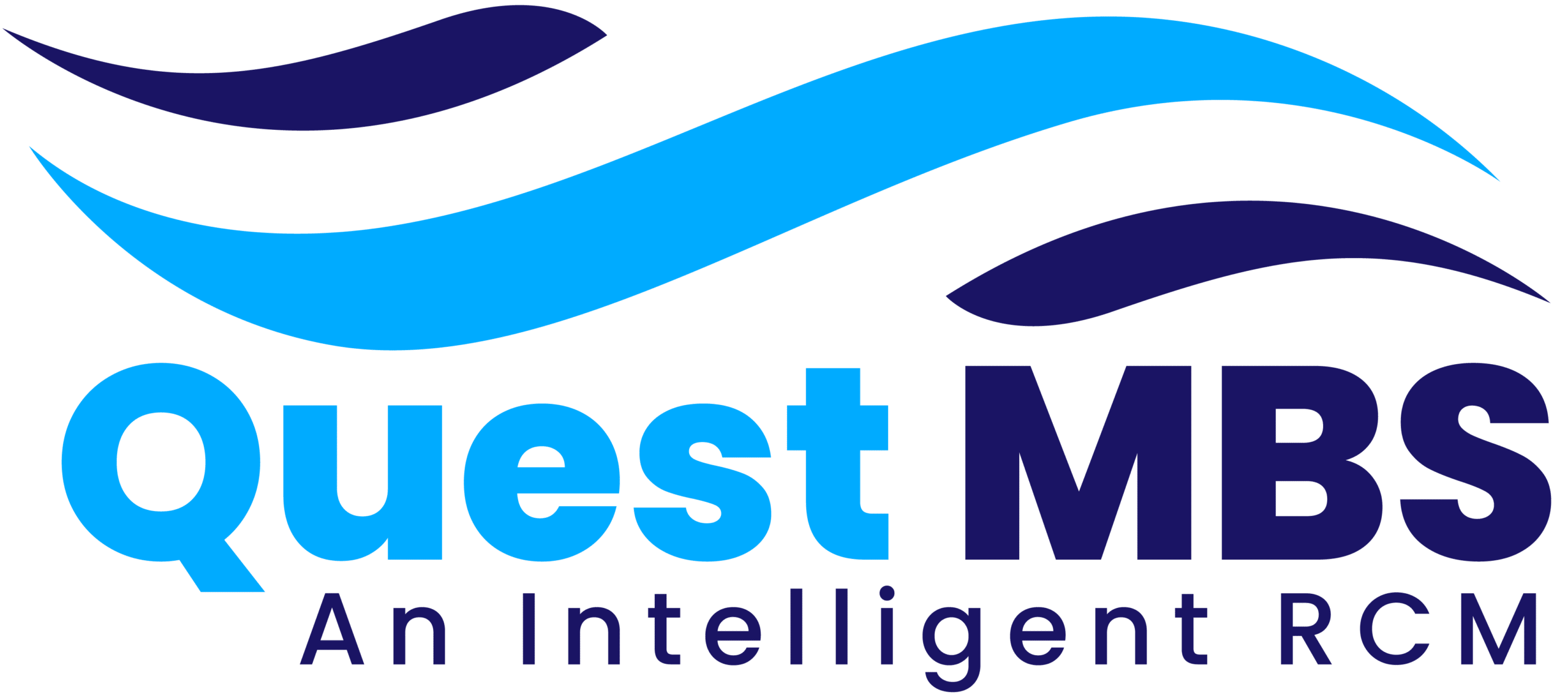Introduction to Healthcare Reimbursement:
Understanding the Importance of Efficient Billing
In today’s rapidly evolving healthcare environment, efficient and accurate reimbursement processes are vital to sustaining practice profitability and operational stability. Healthcare reimbursement covers every step from patient registration to final payment collection. Each step impacts your cash flow. With insurance rules becoming more complex and regulatory scrutiny increasing, providers must focus on strategies that boost payment outcomes while staying compliant. The following tips offer actionable guidance to improve healthcare reimbursement in both private practices and large medical organizations.
Verify Insurance Eligibility Upfront:
Prevent Denials Before They Happen
One of the most common causes of delayed or denied payments is failing to verify patient insurance before services are rendered. Real-time eligibility verification tools allow front desk staff to confirm coverage, co-pays, deductibles, and policy limits. This reduces billing errors and ensures accurate information for claim generation. It also helps estimate the patient’s payment responsibility upfront.
Implement Accurate Medical Coding:
Reduce Errors with Proper Code Usage
The accuracy of CPT, ICD-10, and HCPCS codes directly affects reimbursement results. Incorrect or outdated codes can cause claim denials, reduced payments, or even audits. Automated coding tools integrated into your billing platform help maintain up-to-date coding. They also flag inconsistencies in documentation. This leads to fewer rejections and higher clean claim rates.
Use Claim Scrubbing Tools Before Submission:
Send Error-Free Claims the First Time
Submitting clean claims is essential for faster reimbursement. Claim scrubbing tools detect missing data, invalid codes, or formatting errors before submission. This reduces rework and improves your first-pass acceptance rate. As a result, your revenue cycle becomes smoother, and cash flow stays consistent.
Monitor Denials and Address Root Causes:
Turn Rejected Claims into Revenue
Denials are unavoidable, but how you handle them matters. Set up a structured denial management process. Track each denial and categorize it by reason. Use denial analytics to find patterns and improve workflows. Fast appeals can recover lost revenue and protect your financial performance.
Automate the Revenue Cycle Workflows:
Save Time and Reduce Manual Errors
Automation streamlines repetitive billing tasks. Modern platforms automate eligibility checks, claim submission, payment posting, and follow-ups. This eliminates delays and minimizes human errors. Staff can then focus more on patient care and high-value tasks.
Track Key Billing Performance Metrics:
Measure What Matters
Monitor metrics like days in A/R, denial rates, collection ratios, and payment turnaround times. Use dashboards to identify bottlenecks. Billing analytics support better decision-making and future planning. Consistent tracking keeps your reimbursement aligned with financial goals.
Educate Your Billing Team Regularly:
Training Leads to Better Reimbursement
Regular training helps your billing and coding team stay updated with payer rules and compliance changes. Host workshops or webinars when guidelines or software updates occur. A well-trained team makes fewer mistakes and accelerates reimbursement.
Use Integrated Practice Management and EHR Systems:
Ensure Seamless Data Flow
When your EHR and billing systems work together, data accuracy improves. Clinical and financial details align without manual entry. This reduces errors and speeds up claims. Integrated systems also support faster charge capture.
Offer Transparent Patient Financial Communication:
Set Clear Expectations to Avoid Delays
Patients should understand their financial responsibilities before treatment. Use cost estimators to explain co-pays, deductibles, and out-of-pocket expenses. Offer digital payment options and structured plans. Clear communication leads to faster payments and fewer disputes.
Engage Payers Through Efficient Portals and Tools:
Use Better Technology for Faster Payments
Payer portals allow quick claim submissions and real-time updates. Clearinghouses simplify interactions with multiple payers from one platform. These tools ensure compliance with payer rules. They help you avoid unnecessary claim rejections.
Leverage Outsourcing for Complex Billing Needs:
Gain Expertise Without Increasing Workload
Outsourcing parts of your billing process, such as coding audits or denial management, can be cost-effective. Specialized partners handle large claim volumes accurately. This allows your in-house staff to focus on patient care while maintaining billing quality.
Stay Compliant with Evolving Regulations:
Protect Your Practice from Penalties
Compliance is crucial in healthcare reimbursement. Changes in Medicare, Medicaid, or commercial payer rules can affect billing. Keep your team informed about documentation and coding requirements. Compliance tools in your billing software help prevent audits and penalties.
Regularly Audit Your Billing Practices:
Find Issues Before They Become Problems
Audits help identify mistakes and missed revenue opportunities. Conduct internal reviews or bring in third-party experts. Regular audits prepare you for external inspections. They also ensure financial stability and regulatory protection.







